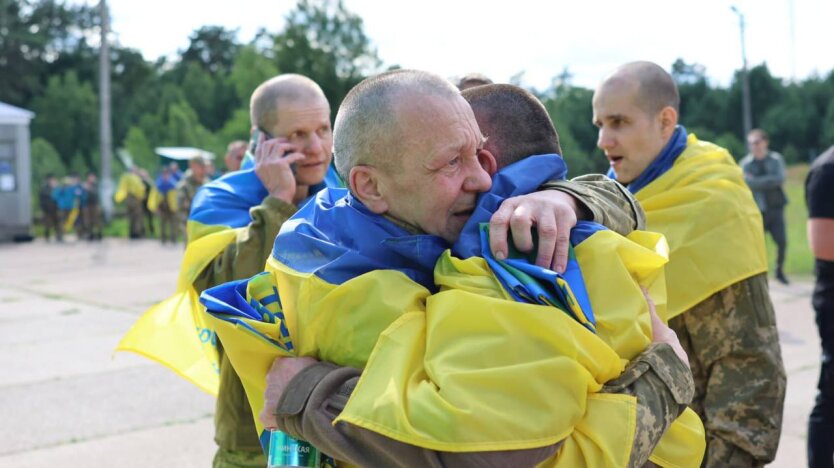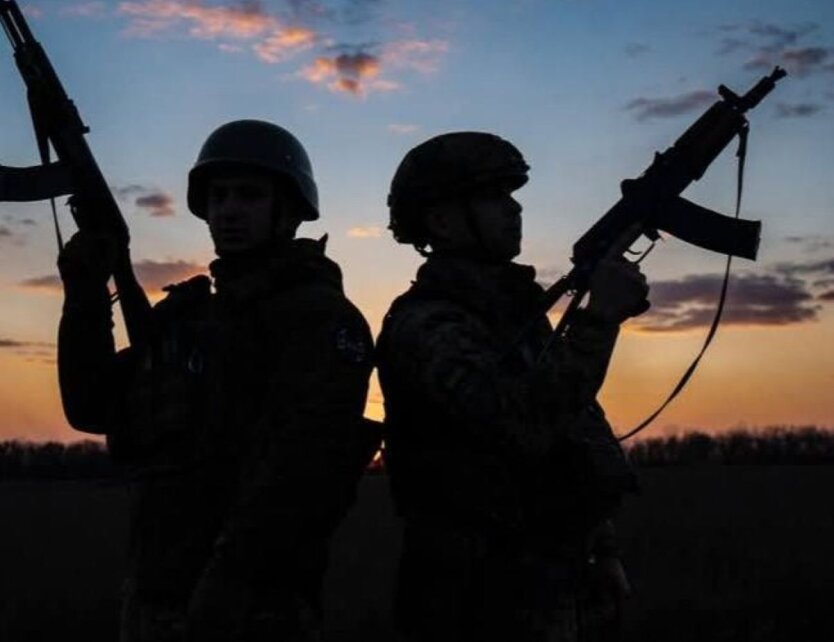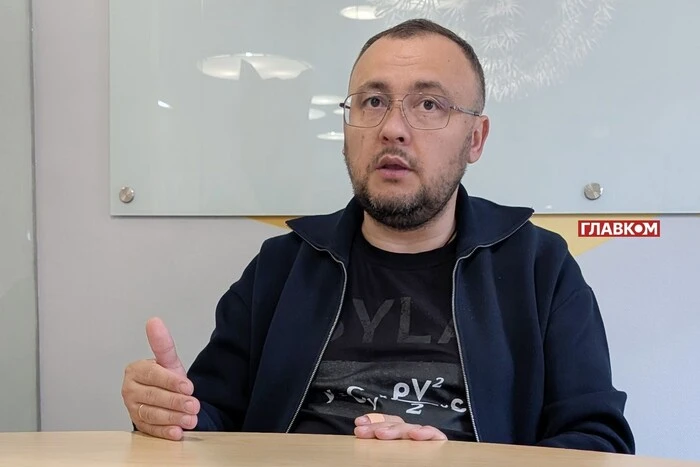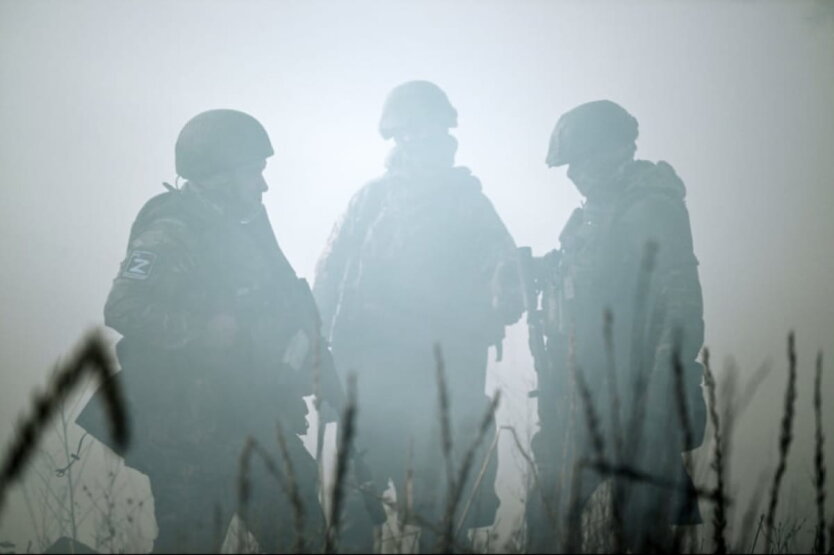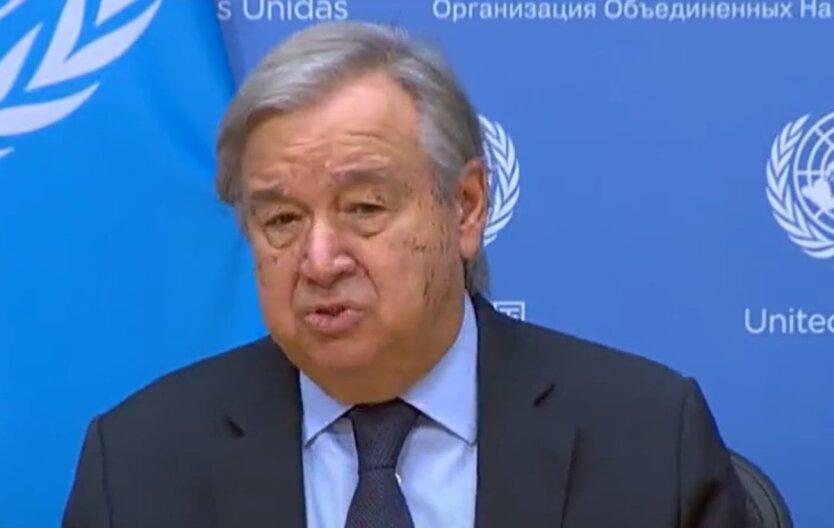Expert explained how the West can avoid risks with frozen Russian assets.

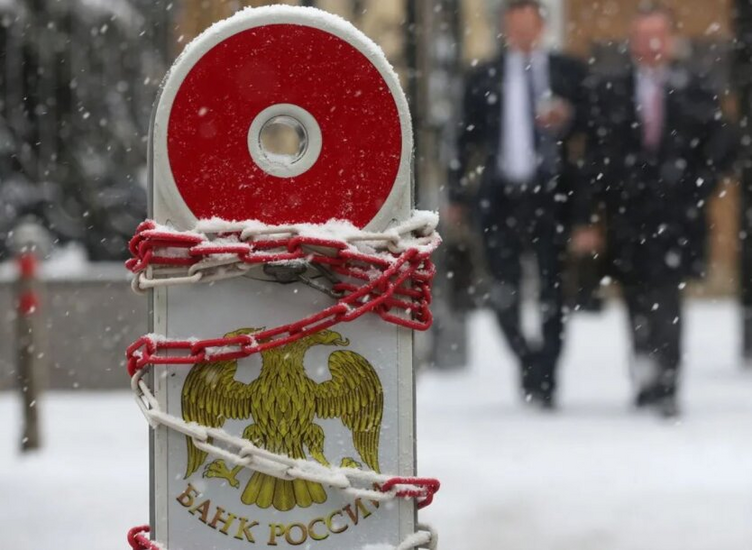
Co-founder of the International Center for Ukrainian Victory, Olena Halushka, stated that if all Western countries confiscate frozen Russian assets, it will eliminate all risks. She emphasized that when third countries oppose confiscation, they often claim that they will start withdrawing their reserves and converting them into other currencies. But the main reserves are held in the dollar (59%) and the euro (20%). Alongside them are other currencies such as the Japanese yen (5%) and the British pound (5%). The Chinese yuan and other world currencies account for only a minor share (2% and 9%, respectively). She noted that if the USA, Europe, Japan, and Britain move together, the assets will flow to them, and not to China. Halushka also mentioned that the Chinese yuan is not a reserve currency due to the lack of free convertibility and financial market restrictions. She also noted that the potential influence on Western currencies exists only in the case of asset confiscation by a single country. Therefore, Ukraine proposes making confiscation decisions together with other countries.
According to Halushka, opponents of confiscation argue that they will start selling off Western securities and withdrawing their funds from the market. But she believes that finding a replacement for the Western market is a difficult task, as it dominates and holds a strong position in the financial world.
Read also
- Another stage of prisoner exchange: Ukrainians who had been in Russia for over three years have returned home
- Rear regions created a strategic reserve for the groupings 'Khortytsia' and 'Tavriya' - OP
- Who stopped the exhumation? Ambassador reported the details of the information diversion arranged by Russians in Poland
- NATO General Explains How the 'Korean Model' Could Work in Ukraine
- The Armed Forces of Ukraine identified enemy military strongholds in Donbas
- War Crimes Against Ukrainian Children: UN Secretary-General Includes Russia in the 'List of Shame'

